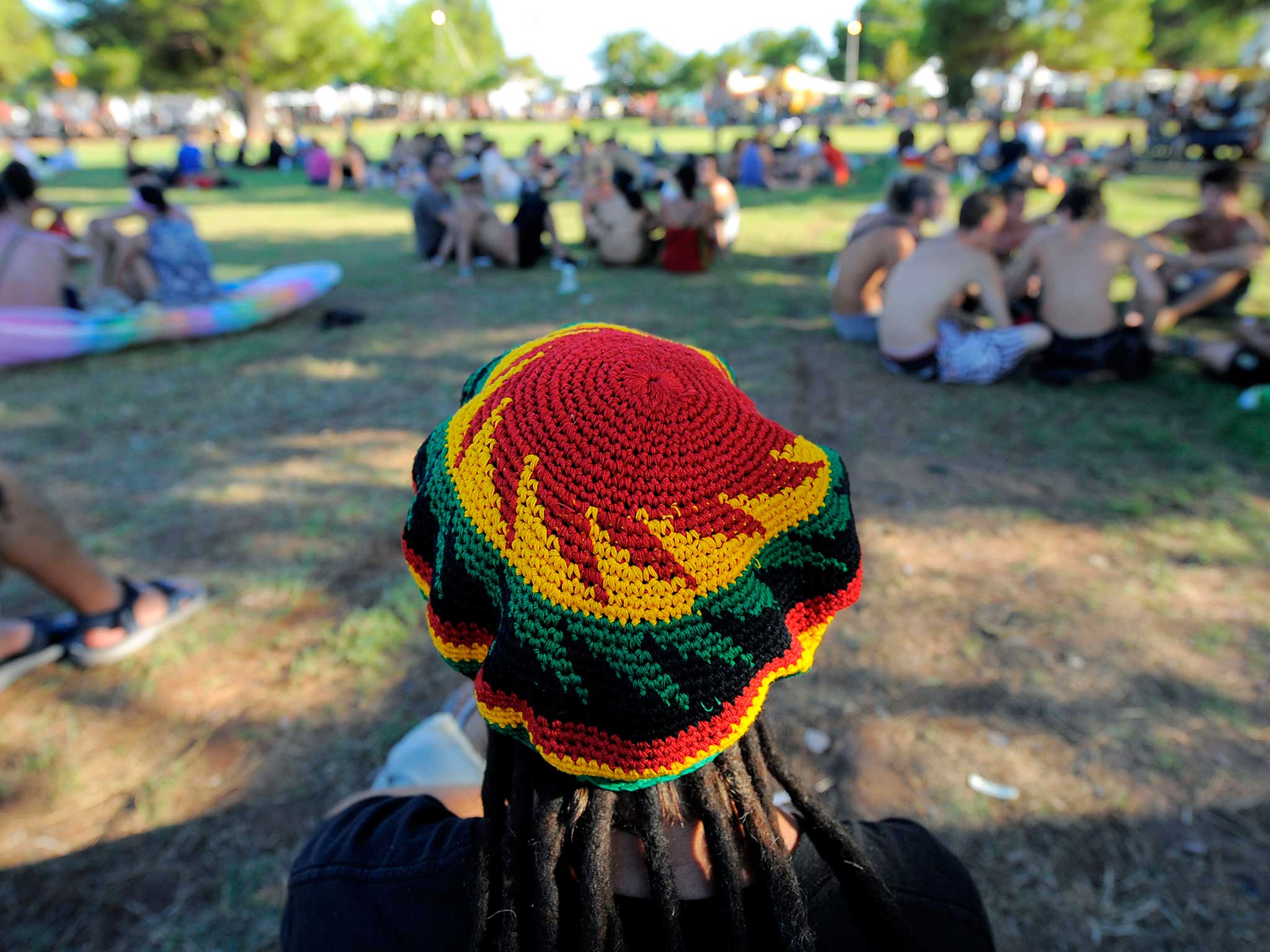Jamaica approves bill in first step towards legalising marijuana
Legislation, which still needs to pass through Senate tomorrow, will bring joy to nation's Rastafarian community

Your support helps us to tell the story
From reproductive rights to climate change to Big Tech, The Independent is on the ground when the story is developing. Whether it's investigating the financials of Elon Musk's pro-Trump PAC or producing our latest documentary, 'The A Word', which shines a light on the American women fighting for reproductive rights, we know how important it is to parse out the facts from the messaging.
At such a critical moment in US history, we need reporters on the ground. Your donation allows us to keep sending journalists to speak to both sides of the story.
The Independent is trusted by Americans across the entire political spectrum. And unlike many other quality news outlets, we choose not to lock Americans out of our reporting and analysis with paywalls. We believe quality journalism should be available to everyone, paid for by those who can afford it.
Your support makes all the difference.The Jamaican government has approved a bill legalising the possession of small amounts of marijuana, bring joy to the country’s Rastafarian community now able smoke legally for the first time.
The legislation also outlines a licensing body for the cultivation, sale and distribution of the drug for medical and therapeutic purposes.
The bill, which still needs to pass through the senate tomorrow, will prohibit the smoking of marijuana in public spaces.
The Cannabis Commercial and Medicinal Research Taskforce (CCMRT) director Delano Seivright called the development “long overdue”.
If passed, the legislation will ensure that possession of two onces of the drug is no longer a criminal offence and allow individuals to cultivate up to five plants on their premises.
Mr Seivright told Jamaica’s The Gleaner: “The development is long overdue and comes after years and in recent times, heavy pressure from what is now a diverse and broadening group of stakeholders on human rights, social, economic, scientific and medical grounds”.
Rastafarian, who have used the drug for religious purposes since the establishment of their religion in the 1930s, will be able to practise without fear of persecution.
Despite this, government spokespeople have stressed the new law does not indicate a softening on their stance on drug trafficking, also promising to channel a portion of the funds raised by taxing the drug towards public education.
Join our commenting forum
Join thought-provoking conversations, follow other Independent readers and see their replies
Comments